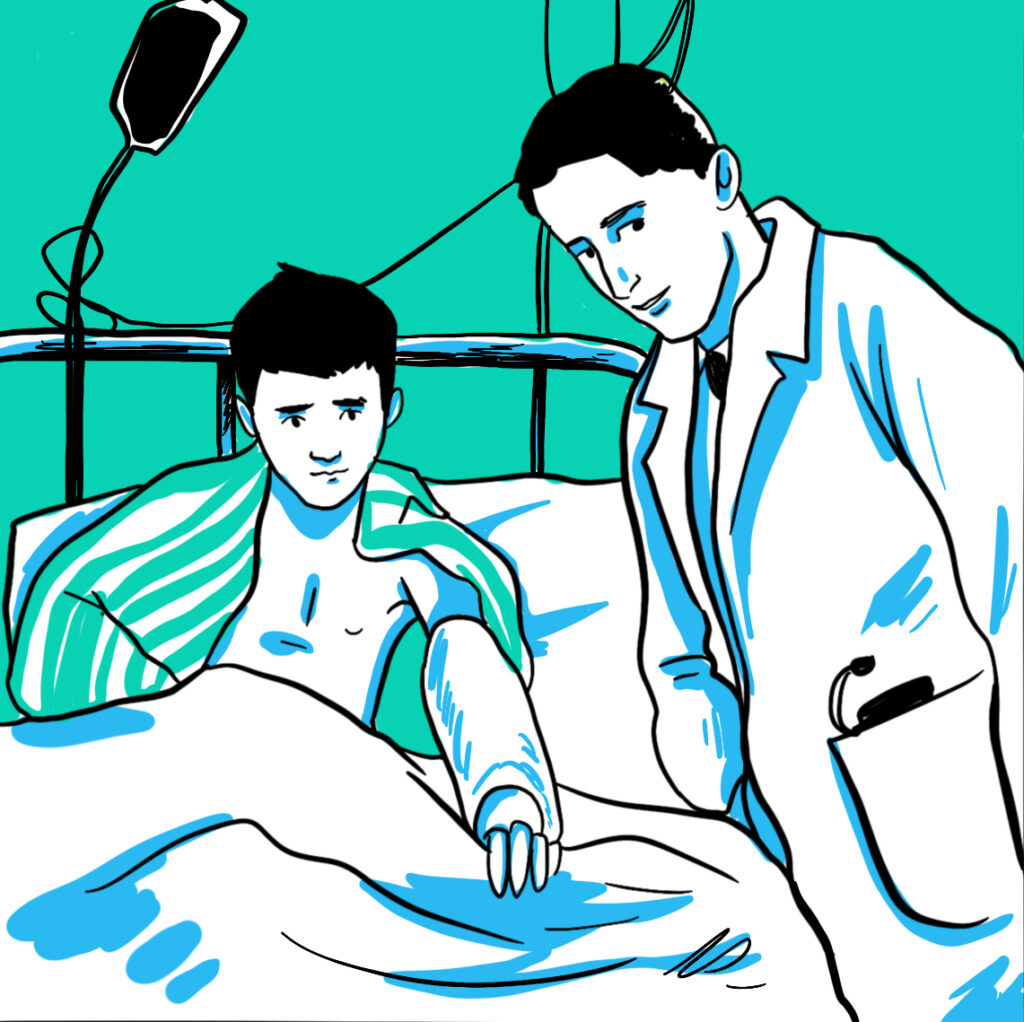Let Haemnet help you “Find Your Voice”
Of course, not all public speaking is in a professional setting with colleagues or strangers – sometimes it’s a family celebration with people you know. Speeches have different functions and sometimes more than one: being persuasive (trying to get people to vote for you), informative (education, counselling), entertaining (a best man’s speech) or celebratory (introducing the winner of an award).
Whatever the purpose of the speech, people often rate public speaking among the worst fears they can imagine but there are some tips that, with practice, can make the experience less traumatic.
- Prepare for your speech – The more you practice and prepare the more comfortable you will be
- Visualise your success – If you close your eyes and visualise yourself successfully delivering the speech, you will trick your brain into believing you’ve done it before and you won’t feel as nervous
- No-one can see you are nervous – most of your nervousness is invisible to the audience, who believe you are just calmly presenting your speech
- Mistakes are going to happen – Your audience will only realise you’ve made a mistake if you draw to their attention to it; take a deep breath, collect your thoughts and carry on as if nothing happened.
It is important to be yourself when you speak because your audience will pick up your verbal and non-verbal signals. They need to be assured that you are speaking with an authentic voice. If you are comfortable, speak clearly and consistently with transparency and openness, your audience will think you are knowledgeable and have integrity and vision. They will find you engaging, motivational and knowledgeable. These skills are equally applicable to small and large meetings.
Good public speakers come in diverse shapes and sizes. They include people like Steve Jobs, the late head of Apple; Nicola Sturgeon, Scotland’s First Minister; and Colin Moon, the star turn at last year’s HNA Annual meeting in Manchester whose style was the epitome of relaxed presentation. What they have in common is experience and practice.
| Top tips for making your speech more effective |
| • Show that you believe what you’re saying, then people will believe you
• Pay attention to the verbal and non-verbal signals (including ‘power poses’) of others so you know how they’re thinking; be aware of their feelings and emotions; be compassionate • Believe that you will succeed • Keep going • Build rapport with your audience by finding common ground, developing bonds and being empathic • Engage your audience by aligning your interactions with their needs and feelings
|
Workshop participants divided into groups to discuss their hopes and fears then, with the necessity of some public speaking, shared their conclusions. They agreed:
- The first presentation is always the hardest
- Delivering a presentation with a colleague can help to calm nerves
- Where you stand during a presentation can make a difference. For example, standing on a large stage can be intimidating
- It’s about confidence, knowing your subject and audience
- Once you have started your presentation, you can often relax into it
- In MDT meetings, it can be hard to make your point in the right way
- You learn from experience to prepare for MDT meetings
- It can be frustrating when you think of something you wanted to say after an MDT meeting
- Presenting at the HNA meeting can be a good stepping-stone to prepare you for larger congresses because it is informal and presenters are talking to their peers. The snippety bits section is particularly good as it only requires a 5-minute presentation
- Some people see this differently – they feel more nervous presenting at an HNA meeting because they’re talking to peers with a lot of experience and they’re worried about being shown up.
Having recognised the challenges, what issues should a speaker consider to be sufficiently engaged to speak in team meetings and to make the experience more comfortable?
- Ensure a meeting has a structure or agenda and that everyone has a chance to speak
- Familiarity and understanding of each other’s personalities
- Relationships and past experiences with other team members
- The mood of the participants
- Need to know when not to discuss things
- Prepare and know the subject matter
- Participants should have respect for one another’s thoughts and opinions so that everyone can speak without the fear of being judged
- On a personal level, a speaker should have self-confidence, be positive and have good listening skills.
With the WFH Congress in Glasgow in the back of all our minds right now, Haemnet is running a one-day training session on public speaking on Tuesday 18 July in Birmingham. It is open to all HNA members, no matter how experienced you in public speaking. The meeting has been funded by a charitable donation from CSL Behring, as a result of which we can reimburse your travel costs.
Come along, and by the end of the day you’ll be ready to take the podium at WFH, with some good ideas on what to do and what not to do, getting the right balance between what’s written on the slide and what you say, how to deal with curve ball questions and what to do if your mind goes blank.
And of course, these are all tips and tricks that will stand you in good stead for MDT meetings, job interviews, weddings and bar mitzvahs. Book your place soon by emailing me.
Mike Holland is the founder of Haemnet and The Journal of Haemophilia Practice


